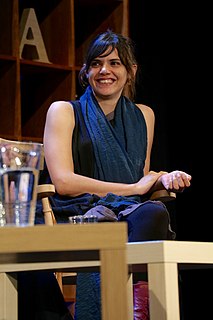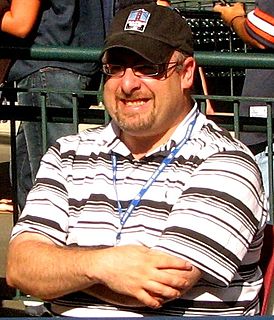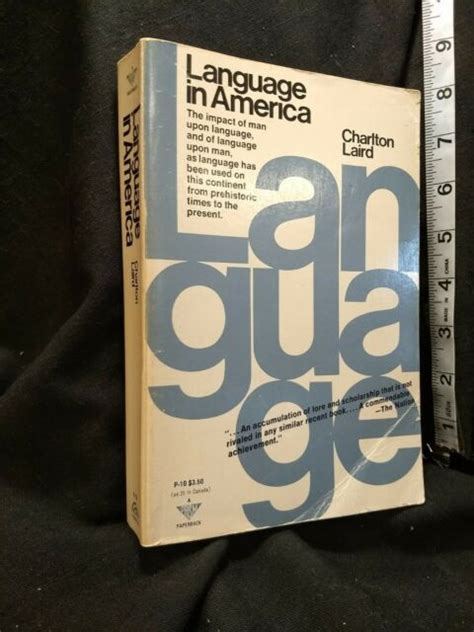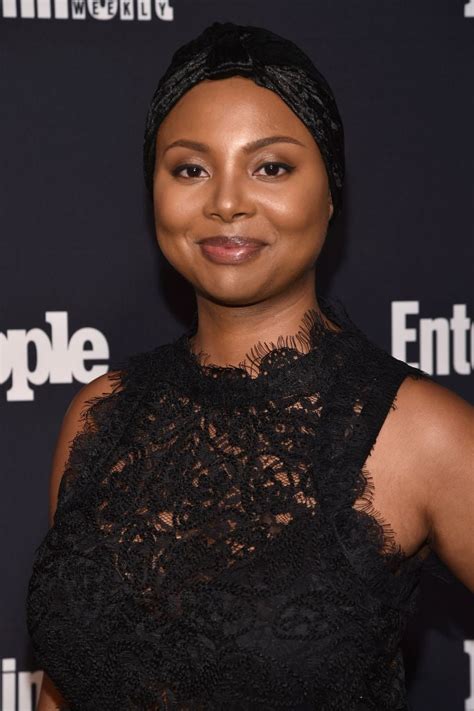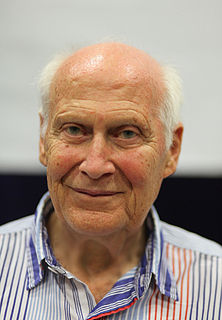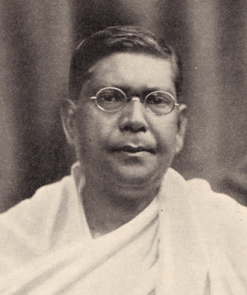A Quote by Robert Dessaix
When I re-read the Odyssey, it felt like I was reading PD James or Minette Walters - you feel that you are sharing in something that hundreds of millions of people have read with love, and I think that this is worth holding onto. It is not a matter of canonical texts or elitism, which the universities are trying to make us wary about. It is about shared language and metaphor and experience and imagery and that is all good.
Related Quotes
Cities have often been compared to language: you can read a city, it's said, as you read a book. But the metaphor can be inverted. The journeys we make during the reading of a book trace out, in some way, the private spaces we inhabit. There are texts that will always be our dead-end streets; fragments that will be bridges; words that will be like the scaffolding that protects fragile constructions.
If we consider men and women generally, and apart from their professions or occupations, there is only one situation I can think of in which they almost pull themselves up by their bootstraps, making an effort to read better than they usually do. When they are in love and are reading a love letter, they read for all they are worth.
The Bible is forbidding when you start to read it. The language is odd. The stories start and stop herkily-jerkily. The characters behave in inexplicable ways. It takes a little bit of time to get into the rhythm of the book. I found reading the first 15 chapters of Genesis very very difficult. Once I got past there, I loved reading, and found it very easy. When you get used to the Bible, it becomes thrilling to read (like any great book - I just had exactly the same experience with the Odyssey).
When I read Matt Ruff's book, that was my first encounter with learning about sundown towns, and I was like 'What?' Like, you can't make this up. If I wrote this horror movie talking about sundown towns where you can't be black after dark in America, people be like, 'OK, we get the metaphor,' and it's like, no, that's real. It's not a metaphor.
In the beginning, I want to say something about human greatness. Some time ago, I was reading texts of Kungtse. When I read these texts, I understood something about human greatness. What I understood from his writings was: What is greatest in human beings is what makes them equal to everybody else. Everything else that deviates higher or lower from what is common to all human beings makes us less. If we know this, we can develop a deep respect for every human being.
[About Swami Vivekanada:] I am not saying that the message of the Swami was the final word in our nationalism... But it was tremendous - something with an undying glory of its own. If you read his books, if you read his lectures, you are struck at once with his love of humanity, his patriotism, not abstract patriotism which came to us from Europe but of different nature altogether a more living thing, something which we feel within ourselves when we read his writings.

